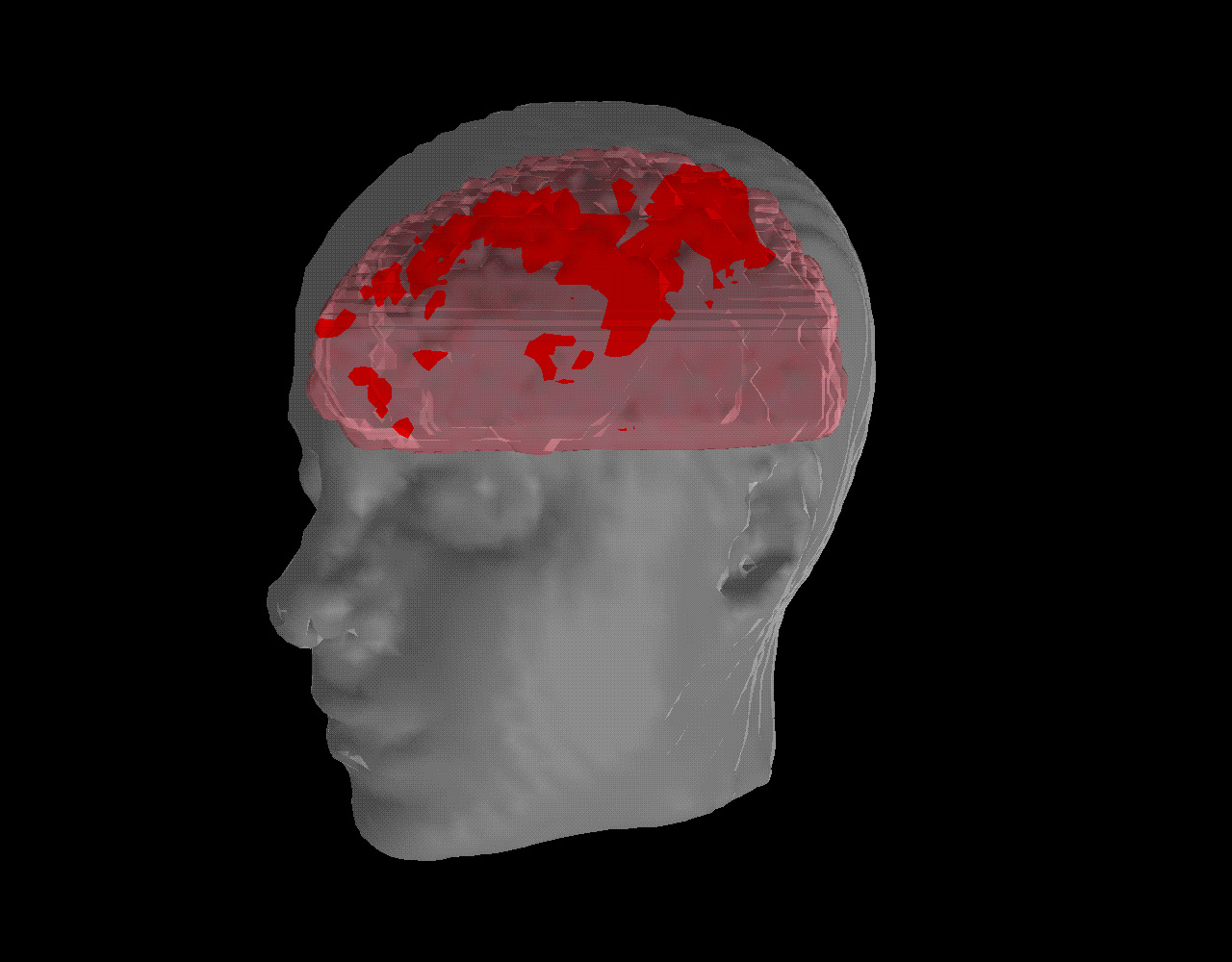Hypothesis tests are routinely misinterpreted in scientific research. Specifically, the failure to reject a null hypothesis is often interpreted as support for the null hypothesis while the rejection of a null hypothesis is often interpreted as evidence of an important finding. Many of the most frequently used hypothesis tests are "non-informative" because the null hypothesis is known to be false prior to hypothesis testing. We discuss the limitations of non-informative hypothesis tests and explain why confidence intervals should be used in their place. Several examples illustrate the use and interpretation of confidence intervals. Copyright © 2007 John Wiley & Sons, Ltd.
Subscribe to:
Post Comments (Atom)


No comments:
Post a Comment